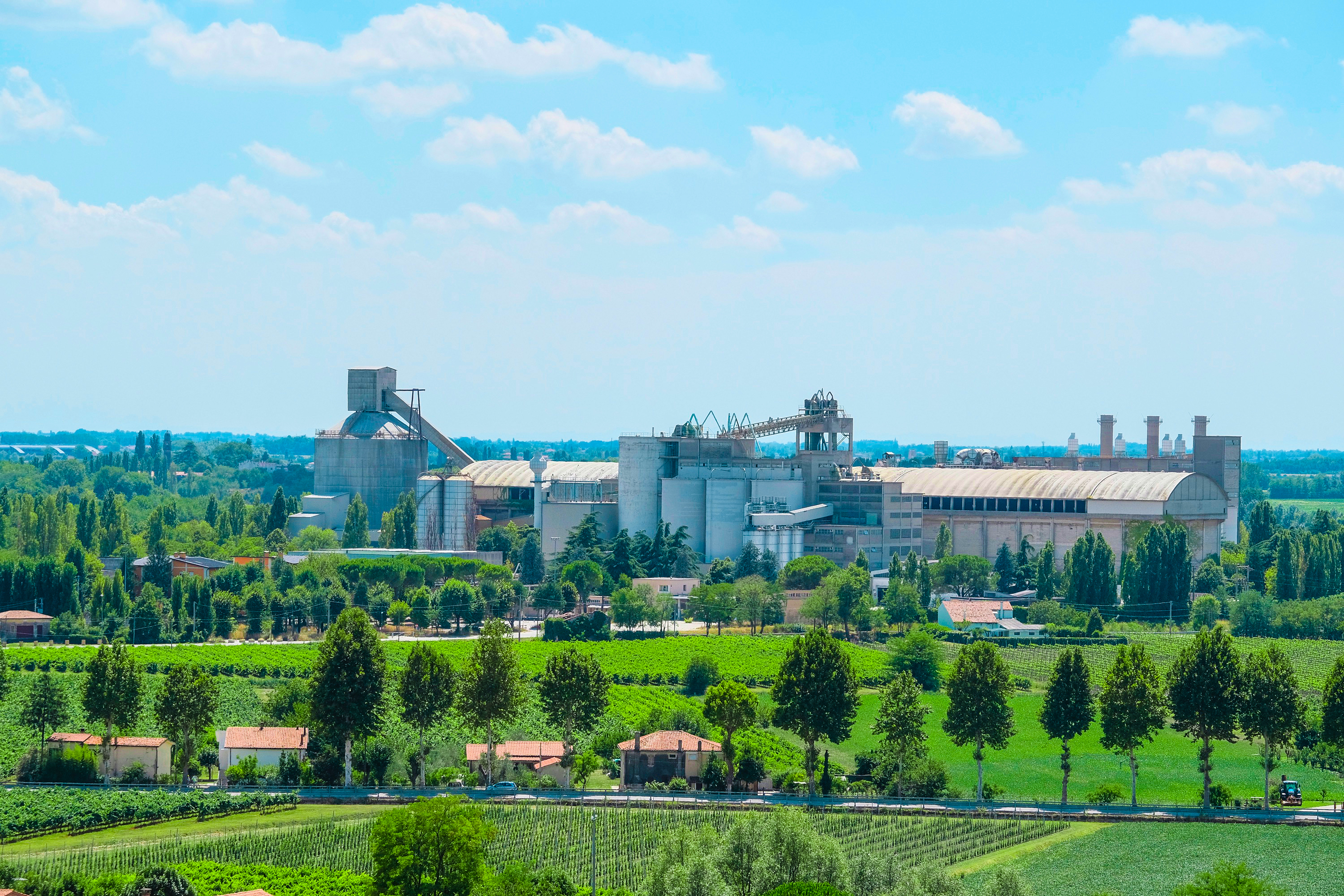
Other industry Relation
Why Choose Us for This Industry
Seals are everywhere in the food industry. They keep liquids from leaking, prevent contamination, and help machines work efficiently. Without reliable seals, food processing equipment could break down, or worse, allow bacteria and other contaminants to enter the food supply.
Key reasons seals are important:
Preventing leaks: Seals like O-Rings and Gaskets stop liquids and gases from escaping.
Maintaining hygiene: Sanitary seals keep food contact surfaces clean and safe.
Protecting equipment: Seals reduce wear and tear, extending the life of machines.
Ensuring compliance: Food safety laws require the use of approved sealing materials.
Food Industry
food-industry

When you think about the food industry, you might picture fresh produce, busy kitchens, or large processing plants. But behind the scenes, small components like O-Rings play a huge role in keeping food safe and equipment running smoothly. From sealing pipes to keeping machines leak-free, these simple rings and seals are essential for food safety and quality.

Food Industry
The food industry uses a wide range of seals, each designed for specific tasks. Here’s a closer look at the most common types:
O-Rings
O-Rings are circular seals used to block the passage of liquids or gases. They are found in pumps, valves, and connectors throughout food processing plants. O-Rings are popular because they are simple, effective, and easy to replace.
Common uses:
• Sealing pipe joints
• Preventing leaks in pumps
• Keeping valves airtight
X-Rings
X-Rings (also called Quad Rings) have a four-lobed design, which provides better sealing and less friction than standard O-Rings. They are often used in dynamic applications where movement is involved.
Benefits:
• Improved sealing performance
• Reduced risk of twisting or rolling
Back-up Rings
Back-up Rings are used with O-Rings to prevent extrusion under high pressure. In the food industry, they help maintain a tight seal in equipment that handles thick liquids or operates at high pressures.
V-Seals
V-Seals are flexible seals that fit over shafts to keep out dirt, water, and other contaminants. They are often used in mixers, blenders, and other rotating equipment.
Hydraulic Seals
Hydraulic Seals are used in equipment that relies on hydraulic power, such as presses and filling machines. They keep hydraulic fluid contained and prevent leaks.
Pneumatic Seals
Pneumatic Seals are similar to hydraulic seals but are designed for air-powered equipment. They are found in packaging machines, conveyors, and other systems that use compressed air.
Gaskets & Packings
Gaskets are flat seals placed between two surfaces to prevent leaks. Packings are used to seal moving parts, such as pump shafts. Both are essential in food processing for keeping equipment leak-free.
Diaphragms
Diaphragms are flexible membranes that separate two chambers. In the food industry, they are used in pumps and valves to control the flow of liquids without contamination.
Infinite Size O-Ring
Infinite Size O-Rings are custom-sized rings made to fit unique equipment. They are useful when standard sizes don’t work, ensuring a perfect seal every time.
T-Seals
T-Seals have a T-shaped cross-section and are used in high-pressure applications. They provide a strong, reliable seal in pumps and valves.
Sanitary & Drinking Water Seals
Sanitary seals are made from materials approved for food and water contact. They are used in equipment that handles drinking water, dairy, and other sensitive products.
O-Ring Kit
An O-Ring Kit contains a variety of O-Ring sizes, making it easy for maintenance teams to find the right seal quickly. These kits are a staple in food processing plants.
Metal-Bonded Rubber Seals
Metal-Bonded Rubber Seals combine the strength of metal with the flexibility of rubber. They are used in high-pressure or high-temperature applications.
Mounting Bonded Seals
Mounting Bonded Seals are used to seal bolts and screws, preventing leaks around fasteners in food equipment.
Hammer Union Seals
Hammer Union Seals are heavy-duty seals used in high-pressure piping systems. They are common in large-scale food processing plants.
FS-Seals
FS-Seals are specialized seals designed for food and sanitary applications. They meet strict hygiene standards and are easy to clean.
S-Seals
S-Seals are used in dynamic applications where movement and pressure changes are common. They provide a reliable seal in challenging conditions.
Packer Elements
Packer Elements are used in equipment that needs to expand or contract, such as filling machines. They help maintain a tight seal even as equipment moves.
Material Considerations for Food Industry Seals
Not all seals are created equal. In the food industry, materials must be safe, durable, and easy to clean. Common materials include:
• Silicone: Flexible, heat-resistant, and safe for food contact.
• EPDM (Ethylene Propylene Diene Monomer): Resistant to water, steam, and cleaning chemicals.
• PTFE (Polytetrafluoroethylene): Non-stick and resistant to chemicals.
• Nitrile (Buna-N): Good for oils and fats, but not for high temperatures.
• FKM (Viton): Resistant to high temperatures and chemicals.
Seals like O-Rings, Gaskets, and Diaphragms may be small, but they play a big role in the food industry. They keep food safe, equipment running, and help companies meet strict safety standards. By choosing the right seals and maintaining them properly, food processors can avoid costly problems and keep their products safe for everyone.
If you work in the food industry, take a closer look at the seals in your equipment. Are they the right type? Are they in good condition? Regular checks and timely replacements can make all the difference.

















